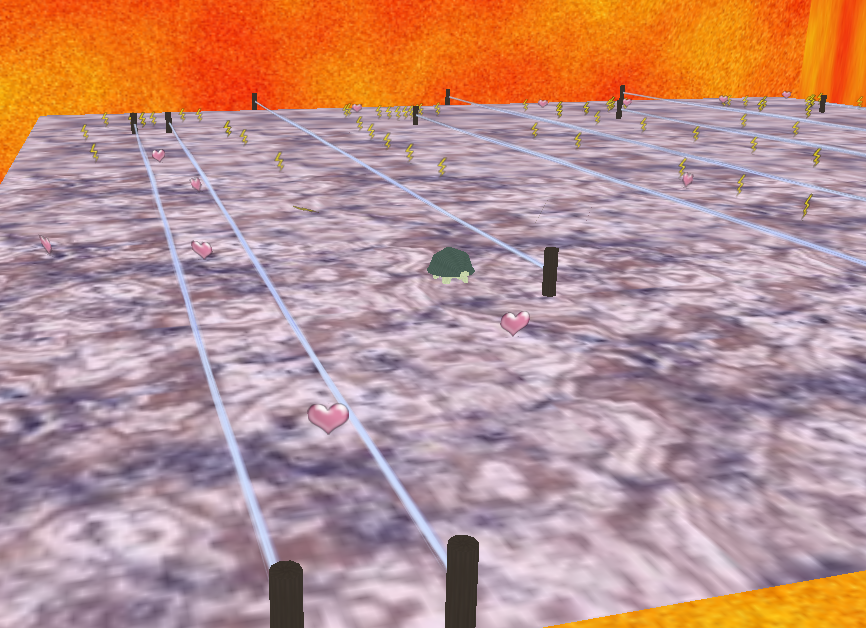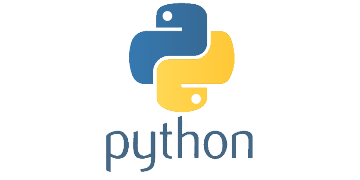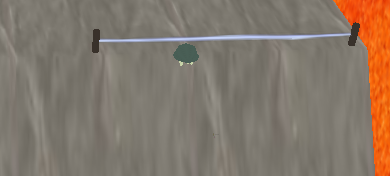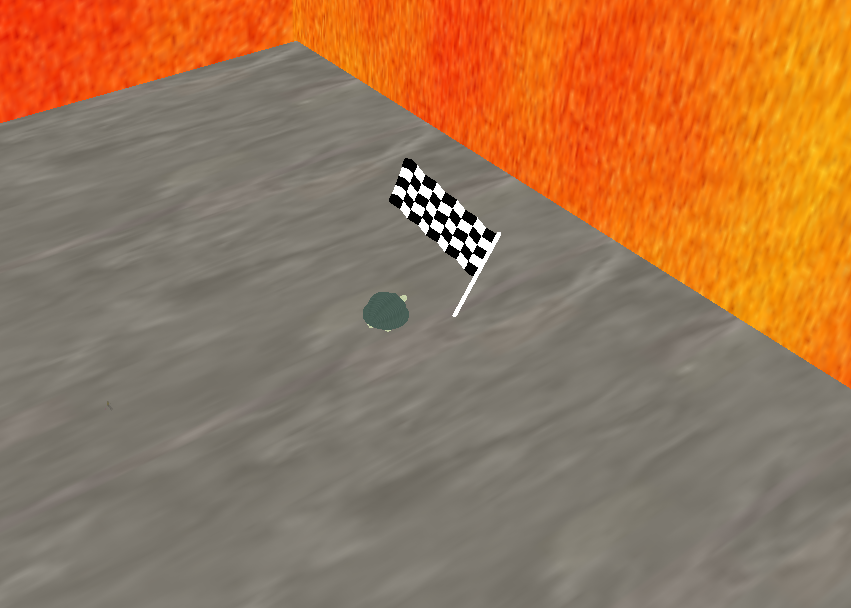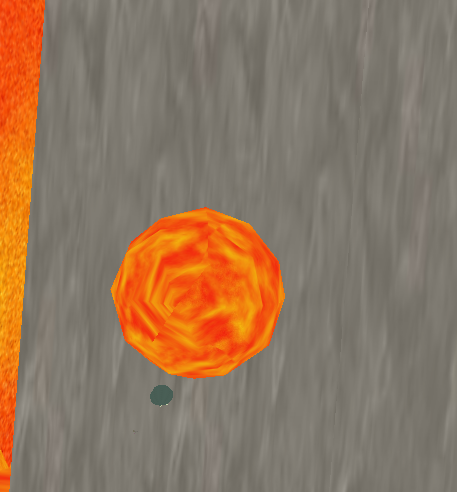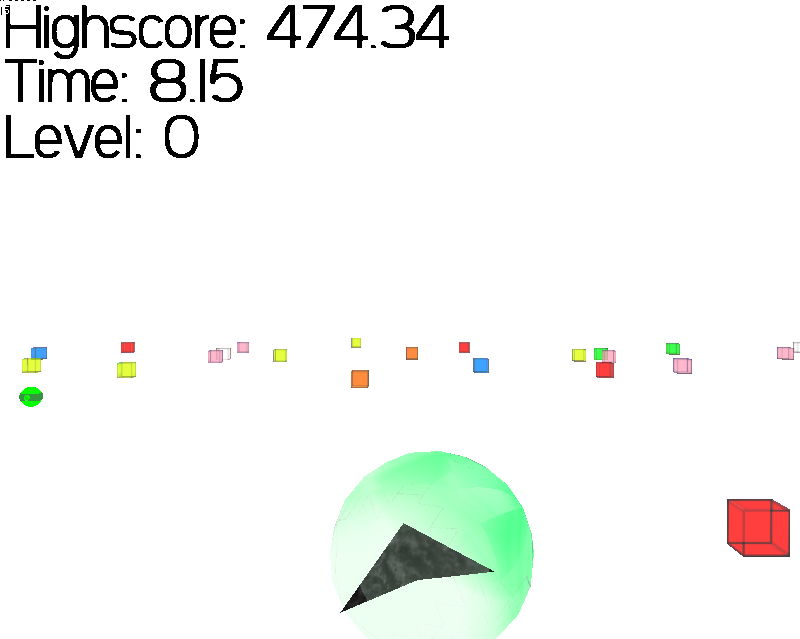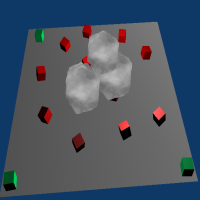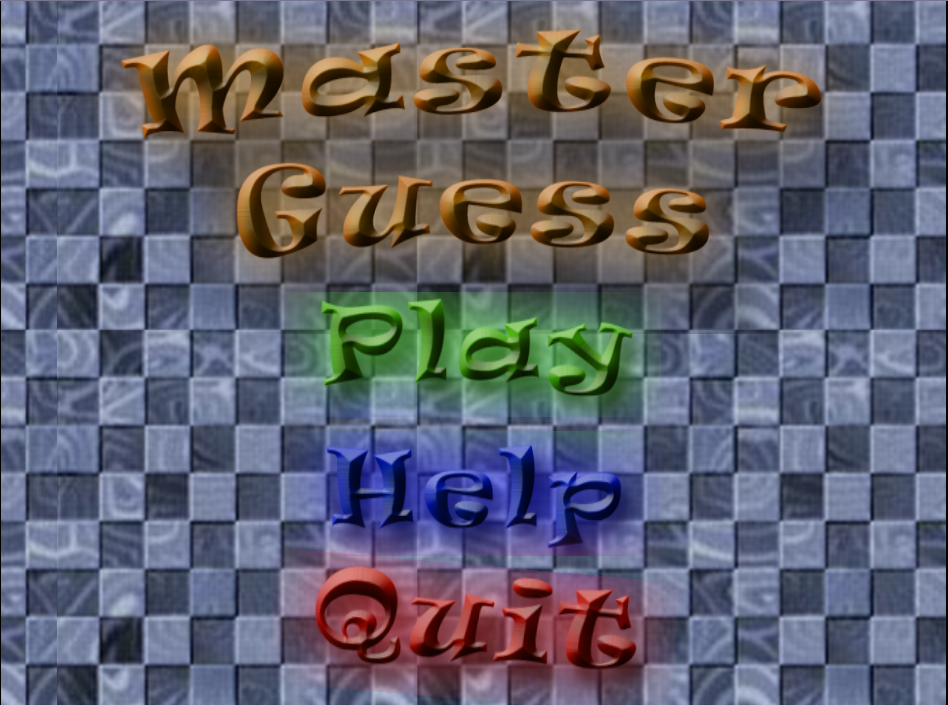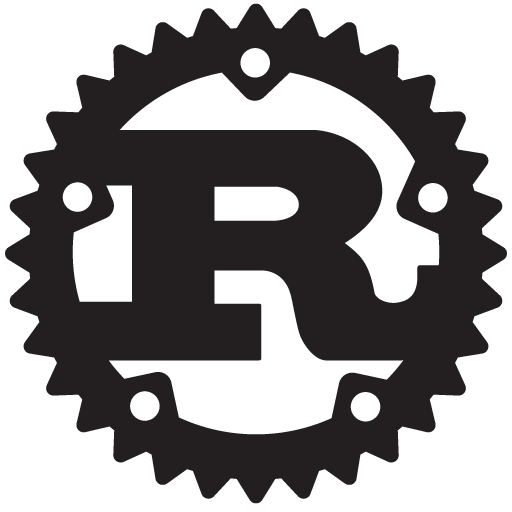How Rust Makes Advanced Type Systems Accessible to the Masses - StarCon UW 2018
By Sunjay Varma
How Rust Makes Advanced Type Systems Accessible to the Masses - StarCon UW 2018
In the past it was accepted that only experts and highly experienced programmers could work on really large codebases. Those people all had the “special” capacity to keep all the different parts and considerations in their mind so that they could avoid a whole host of issues that a less experienced person might make. Nowadays, that convention isn’t sufficient. There’s too much software and too few “experts” to work on it all. Everyone has their limits and we need something more to make sure our software is correct. Why not let our computers do most of this checking for us? Type systems are a way to annotate our programs so that computers can do a lot of the work we used to rely on experts for. Advanced type systems have been around for a while, but they haven’t seen much adoption until recently. In my talk, I will cover this transition and talk about what makes Rust so different. From individuals to large organizations, people are all of a sudden jumping to adopt Rust everywhere. Rust has been the most loved programming language in the StackOverflow Developer Survey for two years straight. It’s type system allows any developer regardless of experience to modify a codebase with confidence. They know that they can lean on the compiler to tell them their mistakes. It’s not a perfect way to eliminate all errors, but this exciting transition towards types will give us a route towards software that is extremely maintainable and even fun to write for years to come.
